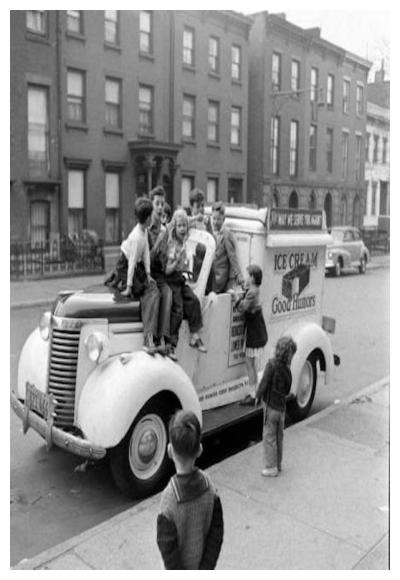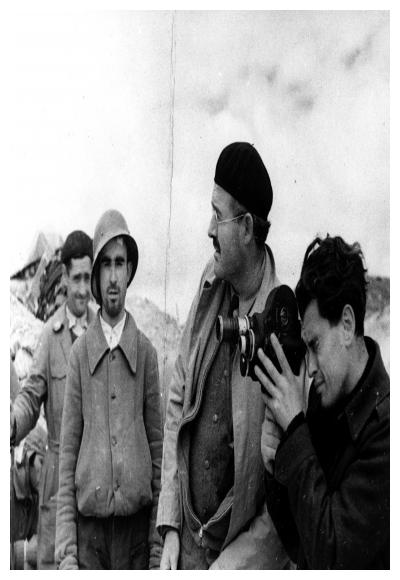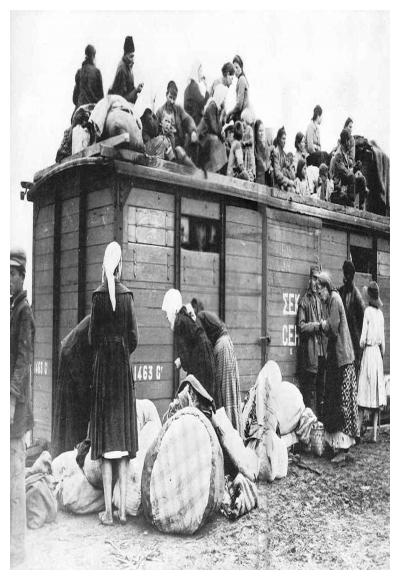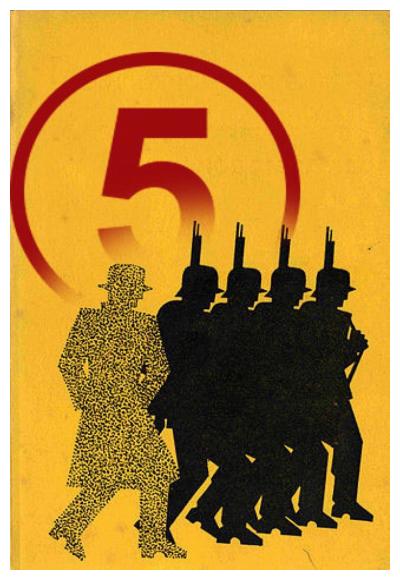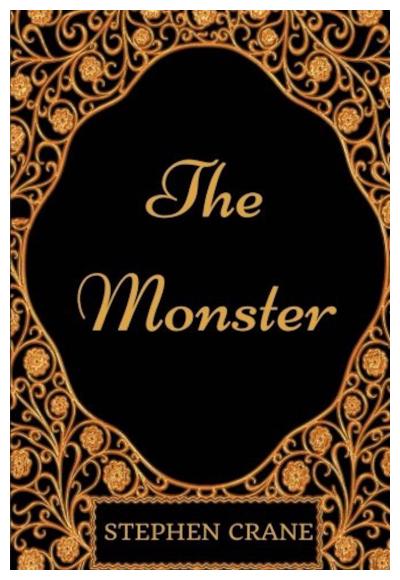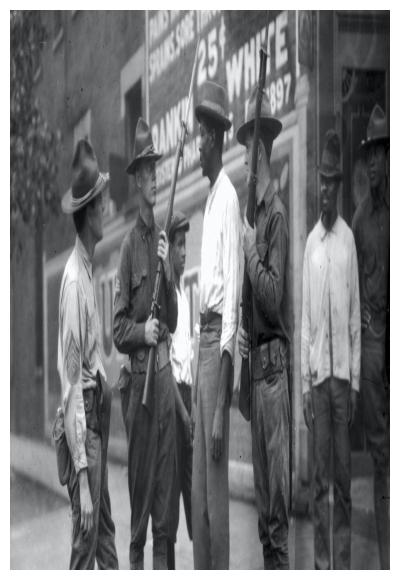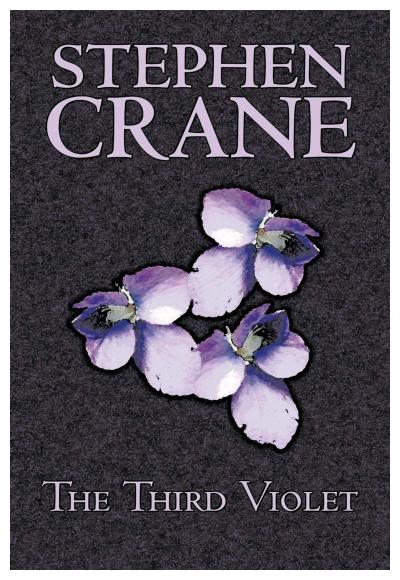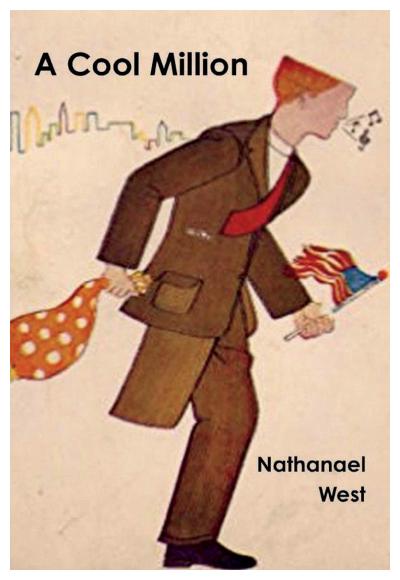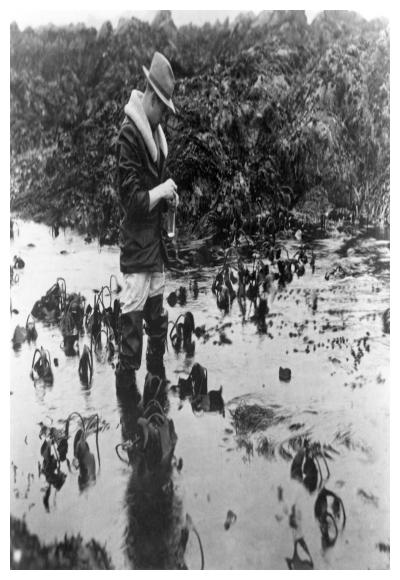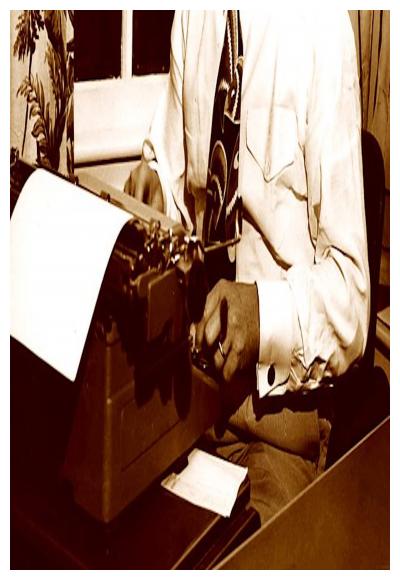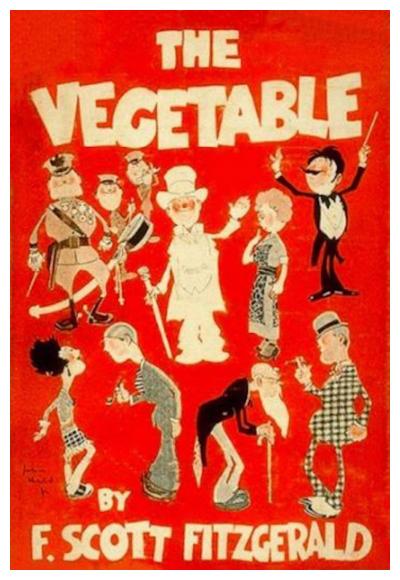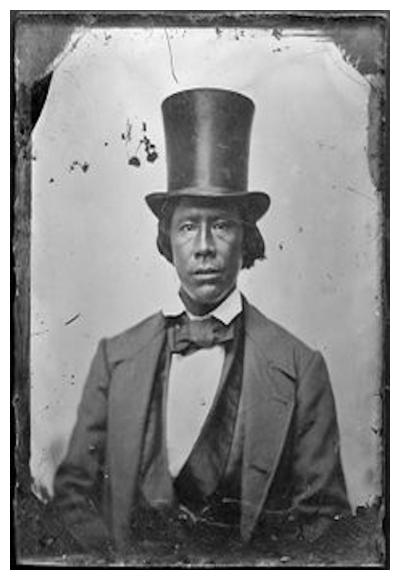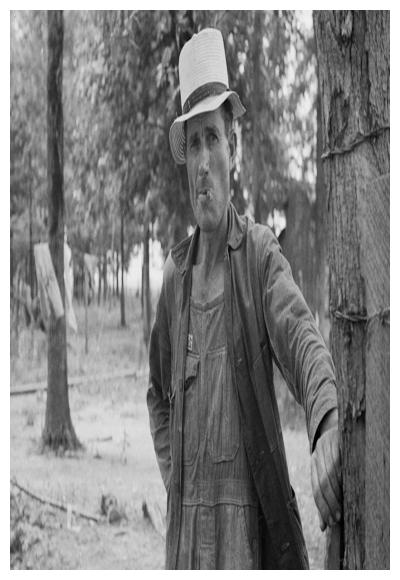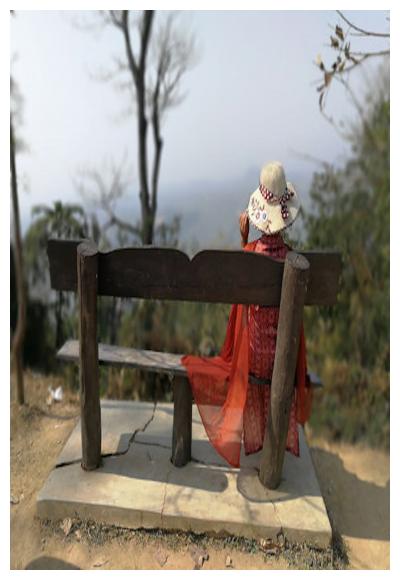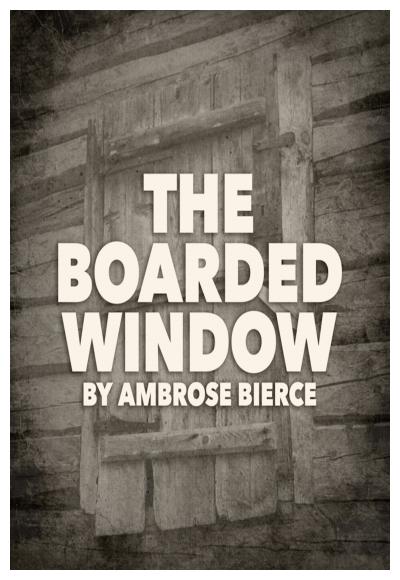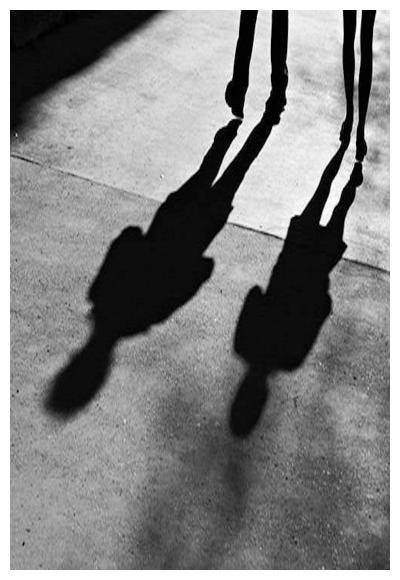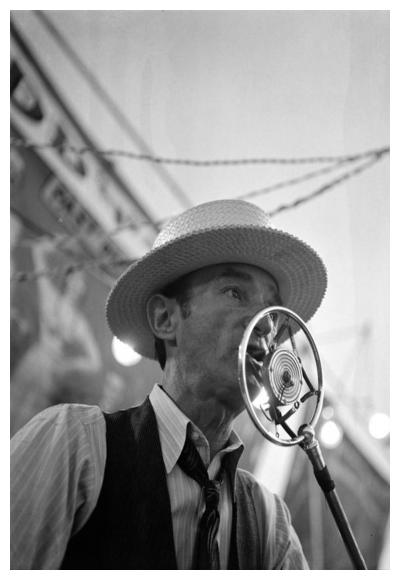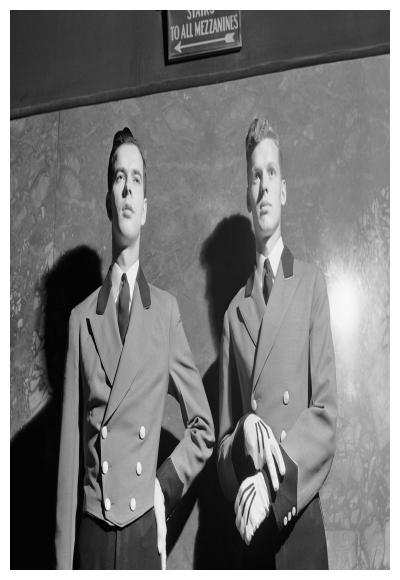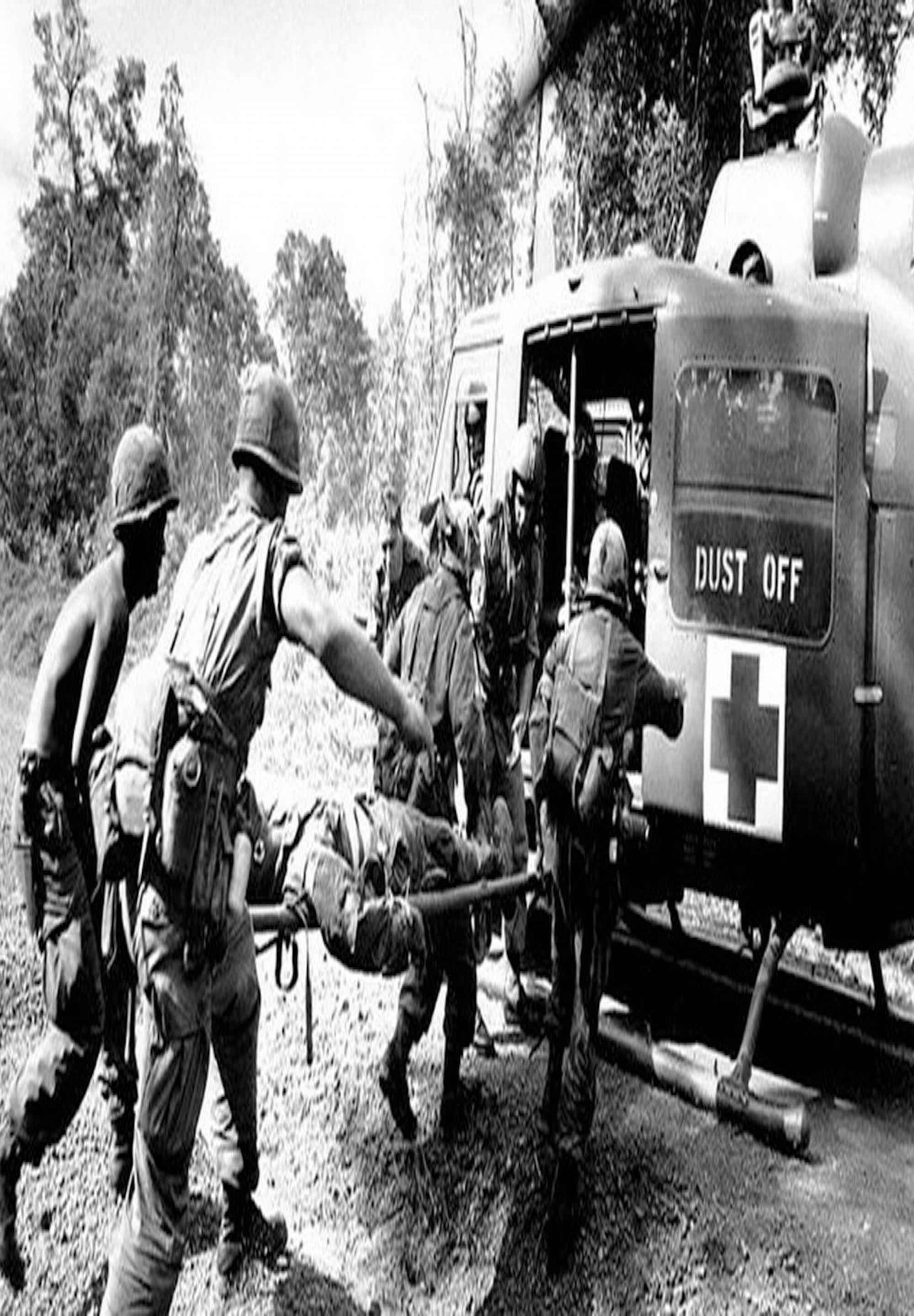
Synopsis/Details
A coming-of-age war script, "Nowhere Man" takes the central character, Bobby Randazzo, on a journey from college to Vietnam and back to the “horrors” of a global, postwar America—a journey at the end of which he finds himself nowhere, and everywhere. Along this journey, Bobby must confront issues connected with combat, ethnicity, love, religion, politics, ethics, and education. Ultimately, will he remain part of the conventional order, or will he leave it? If Bobby stays, how will he do so? Through work, marriage, and children? If Bobby rejects the conventional order, how will he do so? Through self-annihilation or self-denial?
As he makes his decision, this Italian-American protagonist encounters a variety of compelling characters apart from his immediate family, including an army corporal, a clinical psychologist, a Catholic priest, a jailed Mafioso, a disabled veteran, and two black men: one a military enlistee, the other a bus passenger. Also included are such historical figures as J. William Fulbright, John Kerry, Nicholas Katzenbach, Jim Morrison, and Albert Gore, Sr. In the final analysis, however, it is Randazzo himself who must decide about his life—and he does.
This Vietnam-era drama is a kind of anti-Hacksaw Ridge, with a dose of Born on the 4th of July thrown in for good measure. The time frame of Nowhere Man is 1969-1972. It takes place in the following locations: the University of Florida at Gainesville; Miami, Florida; Fort Benning, Georgia; Fort Sam Houston, Texas; Quang Tin Province, South Vietnam; San Diego, California; West Palm Beach, Florida; and Miami Beach, Florida. Designated, thematically apt musical selections include: The Beatles, “Nowhere Man”; The Rolling Stones, “Gimme Shelter”; Country Joe & the Fish, “The ‘Fish’ Cheer/I-Feel-Like-I’m-Fixin’-to-Die Rag”; Jonathan King, “Everyone’s Gone to the Moon”; The Band, “The Weight”; Thunderclap Newman, “Something in the Air”; The Small Faces, “Itchycoo Park”; Simon & Garfunkel, “Old Friends”; Glen Campbell, “Wichita Lineman”; Creedence Clearwater Revival, “Fortunate Son”; Johnny Mandel, “Suicide is Painless”; The Doors, “Love Me Two Times”; Michel Legrand, “Theme Song from Vivre sa vie”; and The Beatles, “And Your Bird Can Sing.”
Story & Logistics
Story Type:
Hero's Journey
Story Situation:
An enemy loved
Story Conclusion:
Surprise Twist
Linear Structure:
Linear
Moral Affections:
Dereliction of Duty
Cast Size:
Many
Locations:
Several
Special Effects:
Blood
Characters
Lead Role Ages:
Male Young Adult
Hero Type:
Anti-Hero
Villian Type:
Authority Figure
Stock Character Types:
Everyman
Advanced
Subgenre:
Action/Adventure, Drama, Heroic Bloodshed, Survival, War
Subculture:
Hipster
Action Elements:
Weaponry
Equality & Diversity:
Diverse Cast
Life Topics:
College/University Life, Coming of Age
Drug Topics:
Illegal Drugs
Super Powers:
Transportation and travel
Time Period:
Vietnam War (1955–1975)
Country:
United States of America (USA), Vietnam
Time of Year:
Autumn/Fall, Spring, Summer
Illness Topics:
Psychological
Relationship Topics:
Dating, Emotions and feelings
Writer Style:
Oliver Stone

